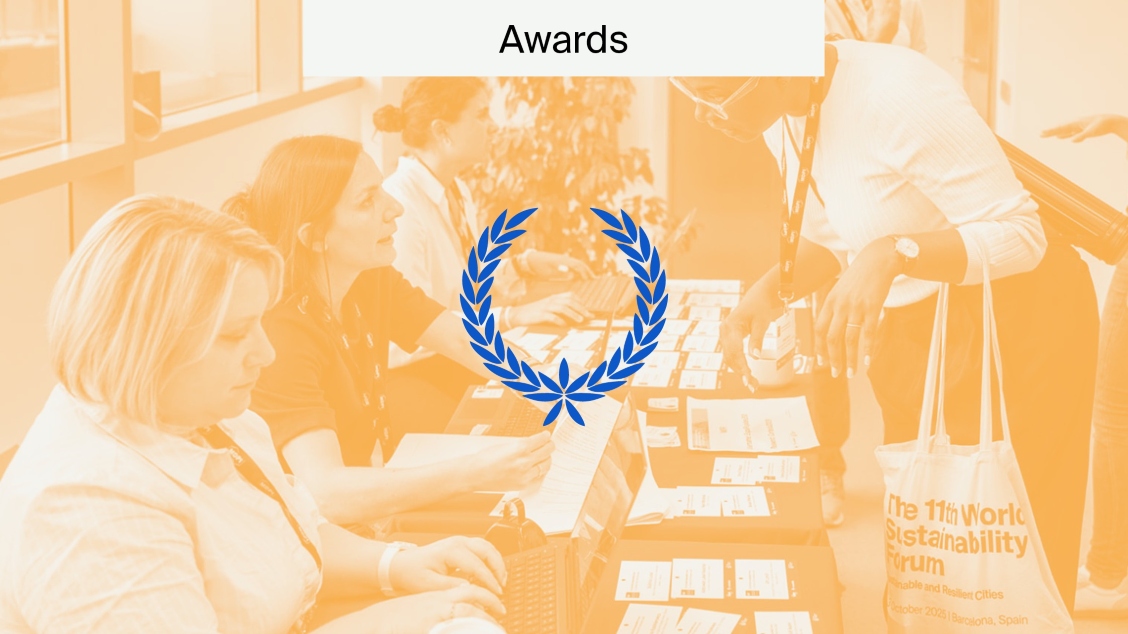
10 Ways to Achieve Your Academic Goals in 2023
Goals are so important in academia. They help you work towards success and gain recognition in your field. We want to make 2023 the year for academic success. From our more than 25 years of academic publishing, here are ten ways to achieve your academic goals this year.
1. Make your academic goals clear
All too often, researchers have long lists of things they want to do. These can include publishing a paper, winning an award, or teaching a new class.
However, the sheer number of items can be overwhelming.
Instead, it’s better to focus on the most important one to start with. Cross off anything that’s not as important, or that can wait. You might be surprised by how even a small amount of clarity can vastly improve your ability to get things done.
2. Break your academic goals down
In the same way, goals can seem out of reach when they’re too complicated. You might read one of them and think that it’s so big you don’t know where to start.
Instead, break each of your academic goals down into smaller steps. You’ll feel comfortable in the fact that you have an easy-to-follow plan ahead of you.
For example, you could create a flowchart of everything you need to do to achieve your final goal.
3. Talk to those who know
Consider reaching out to a fellow academic who may have faced the same thing. This could be someone from your research institution. However, you can also contact someone from another institution. Take a look at one of the 400+ MDPI journals, and find a research paper that interests you. Feel free to reach out to the authors listed, who may be able to provide advice to a fellow scholar.
4. Be open to future opportunities
Don’t stop with learning only the essential information. Further knowledge offered by others could help you down the line.
For example, you may be talking to a colleague about their journey to manuscript publication. Avoid closing off when they talk about a related topic; for example, the award they won for their paper. You may not think it’s relevant now, but you might want to nominate a colleague for an award later.
5. Improve harmony in your thoughts and actions
You need to be the best version of you, and the version who has the power to accomplish your goal(s).
Maybe you’re doing things, or saying things, that are in direct conflict with your academic goals. It’s time to change things up, and rid yourself of things that won’t help you get there. Being kind to yourself is important for both mental wellbeing and achieving future goals.
For example, watch what you say to yourself. Telling yourself you can’t do something will put an obstacle in your way.
6. Invest your time wisely
We only have a finite amount of time to do the things we want to do in life. So where does all the time go? Are there places you can save time?
Consider reducing unnecessary hours. Your goals need your time, too!
7. Take time off
Investing your time wisely isn’t just about working all the time. You need to take time away from your research as necessary.
Take time off for your brain to recharge, and you’ll return to your work feeling ready to accomplish anything!
8. Believe you can achieve your academic goals
All of these tips will help. But if you don’t truly believe that you can, you’ll have a hard time achieving what you want to. Don’t stand in your own way.
9. Be decisive
Stuck between one action and another? It’s time to bite the bullet, make a decision, and get on with it. A lot of time and energy are lost when you can’t make up your mind.
10. Take action
Now’s not the time to be hesitant. Once you know what you need to do, take the first step to start the journey. It will come to you sooner than you think!
Take a look at our series on early career researcher advice to learn more about how to progress in academia.










